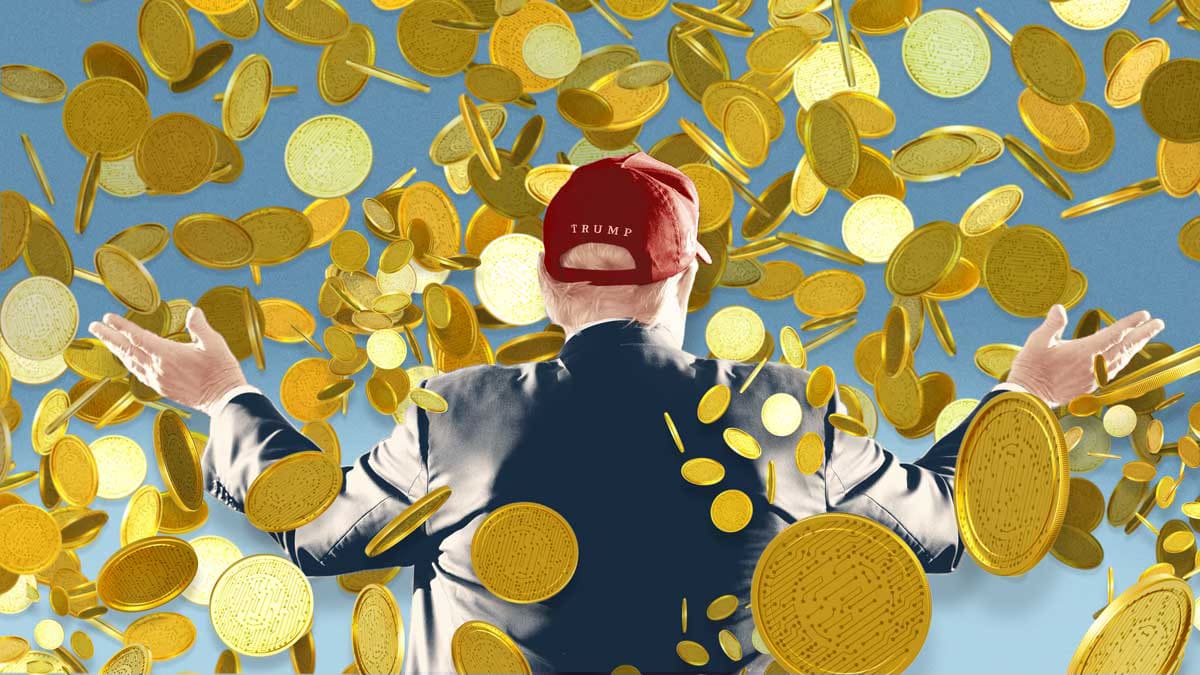The higher bitcoin rises, the harder it falls?
Prices for the digital currency bitcoin hit an all-time high of $3,432 on Monday as investors continue to ignore some dire warnings. Many Wall Street veterans are convinced the market for the cryptocurrency -- which has surged nearly 240 percent since January and more than 400 percent over the past year -- is in a bubble that's bound to burst.
Bitcoin was invented in 2009 by someone (or a group) using the name Satoshi Nakamoto, and one bitcoin now is worth nearly triple the price of gold ($1,261 per ounce) -- a commodity coveted since antiquity. The digital currency has a total market value of $55.4 billion, more than 1,000 different types of computer-generated money tracked by CoinMarketCap.
According to Nolan Bauerie, director of research for the news site CoinDesk, several factors are fueling bitcoin's run-up. For one thing, many investors are eager to convert Bitcoin Cash -- the new bitcoin variant that began trading last week -- into bitcoin.
Critics of the split argue that Bitcoin Cash is less stable than bitcoin. Indeed, prices for Bitcoin Cash have plummeted more than 52 percent since their debut. They've rebounded somewhat and recently changed hands at about $335.
Experts are divided on the question of whether the good times in the Bitcoin market will last. Billionaire investor Howard Marks recently argued that cryptocurrencies are "not real," while former PayPal CEO David Marks said they're the next big thing to hit Silicon Valley. According to Samson Mow, chief strategy officer of development firm Blockstream, investors shouldn't value Bitcoin as if it were a stock.
"The total supply of bitcoin is capped, and production rates are halved every four years -- not to mention that the cost of producing bitcoin through the 'mining' process is constantly increasing," Mow said. "There are only 1,800 bitcoins produced a day. So for the price to even stay constant, several million dollars must enter the market every day."
James Angel, a professor of finance at Georgetown University, is skeptical about Bitcoin. He noted the difficulty in determining its value, which makes its future uncertain, though the underlying technology and rival cryptocurrencies like ethereum may prove to be useful over the long run.
"Markets have a habit of going crazy from time to time," Angel said. "When it's a bubble, it can get a lot worse before it pops."
Bitcoin analyst Tuur Demeester, likened the Bitcoin frenzy to the enthusiasm that investors felt over money-losing internet stocks in the late 1990s.
"There is very valuable technology being developed, but at the same time the valuations of certain projects make absolutely no sense," he said. "However, the fact that insiders/observers can identify this as a 'bubble' doesn't mean that it will end soon."
Remember, he added, "Nasdaq rallied for over three years after [former Federal Reserve Chair] Alan Greenspan made his 'irrational exuberance' speech."





